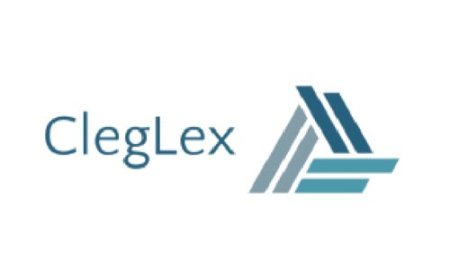Understanding the Legal Implications of Business Advance Loans in Today’s Market
Navigating Risk and Opportunity in Short-Term Funding
In todays fast-paced financial environment, many small enterprises turn to short-term solutions to secure operational cash flow. One such solution gaining traction is the Business Advance Loan, which provides immediate funding based on future sales projections rather than credit scores or collateral. This type of financing often appears convenient and fast, but it comes with legal and contractual nuances that must not be ignored. Understanding its long-term implications is vital for any business attempting to stabilize or grow using this method.
What Makes Business Advance Loans Different
Unlike traditional loans, a Business Advance Loan is typically structured as a sale of future receivables. This distinction alters how the agreement is enforced and interpreted under financial law. While the funding may seem simple on the surface, the repayment terms are usually aggressive and based on a fixed percentage of daily revenue. Such features can place strain on businesses during low-revenue periods, leading to potential defaults or legal entanglements if the terms are not fully understood from the outset.
How Legal Expertise Can Clarify Complex Agreements
Many agreements involving business funding fall under what is increasingly being examined under Advance Law, a term used to explore legal questions surrounding future receivable sales. The classification of these agreements determines the borrowers rights and lender obligations. Legal professionals can assess whether an advance qualifies as a loan or a sale, which may dramatically impact how enforcement and collection are handled. Through legal analysis, a business can better evaluate its exposure and liability under various state and federal statutes.
Dispute Resolution and the Role of Advance Law
When disagreements arise over repayment terms or default clauses, legal experts specializing in Advance Law can step in to interpret contract language and represent clients in negotiations or litigation. The enforceability of provisions such as confession of judgment, personal guarantees, and default penalties can vary significantly depending on jurisdiction. Proper legal intervention ensures businesses are not subjected to unlawful collection tactics or misclassified agreements, reducing financial and reputational risk in the process.
Making Informed Decisions in a Legally Bound Landscape
Understanding the structure of a Business Advance Loan is just the beginning; anticipating its legal consequences is equally important. Given the rise in contractual disputes and regulatory scrutiny, companies must approach funding options with caution. Working with firms that specialize in Advance Law can safeguard business interests by identifying risks and ensuring clarity in every financial step. For businesses seeking experienced legal insight in these matters, grantphillipslaw.com offers reliable support to help navigate the legal landscape confidently.




























